|
Aging is a very natural process of a dog’s life. As dogs get into their golden years, they can have less energy, their sight or hearing may be impacted, and they have a higher risk of developing kidney or liver disease, diabetes or become obese. Additionally, you may find that they can seem confused or disorientated, or more prone to being anxious or fearful of loud noises than they used to be.
How to keep our senior dogs healthy
Walking
As dogs age, they can slow down and their exercise needs may change. The dog that used to be your jogging partner may no longer be able to keep up with you anymore. Be sensitive to that, and instead of expecting them to be by your side as you run at a steady pace, swap to low impact exercise such as a leisurely or brisk walk, allowing them to sniff and smell more and therefore get mentally stimulated. Physical exercise is still very important for them to maintain a healthy body and a healthy mind. Be mindful on walks of steep inclines that may become difficult for your dog now that he is older and also going down a steep hill. Some dogs as they age may develop muscle atrophy and their legs will not be strong enough to always cope with steepness or a sharp slope. Senior dogs can also be more sensitive to the climate, so be sure that they seem comfortable on their walk. If their exercise needs have changed, it will be time to change their diet to one that is lower in fat and less calories to prevent weight gain as this can lead to obesity and trigger such things as diabetes. If this is the case, it’s a good idea to talk to your Veterinarian to get their advice on what you should be feeding your senior dog.
Grooming
Regular grooming remains important. As dogs age their coats and skin change. It can be drier, flaky and irritated, which if not cared for properly can become worse. Brush them regularly to keep an eye on this, removing any mats or tangles and if you notice changes, talk to your veterinarian.
Veterinarian check-ups
These become more important as a dog gets older to give your veterinarian the chance to determine if something is wrong and if so, be able to implement a treatment plan straight away. Just like humans as dogs age they can develop ailments such as arthritis, hip dysplasia, or joint problems. If left untreated they can be very painful conditions for your dog to live with and can affect their mood, appetite and overall quality of life.
Dental hygiene for your senior dog is something that you need to be vigilant about and your veterinarian will keep a check on this, as poor dental care can have an impact to the health of other organs of their body, just as it can for humans. Therefore, regular brushing, oral chews, or oral teeth care products that you can put into water bowls are all ways to keep their teeth in good condition. Regular vet checks at least twice a year is therefore a good idea and keeping up with flea, tick and heart-worm treatments (depending on where you live) are still necessary to keep your senior dog healthy.
Changes to their home environment
When your dog was a puppy you probably had to puppy proof your home! Now as your dog is older to enable him to get around the home with ease you may have to make some accommodations such as ramps for them to get onto chairs or into the car especially if your dog has joint problems, muscle atrophy or arthritis. Heated mats or beds are a good idea for achy joints. If your dog becomes visually impaired having easy access to water bowls is important plus keeping furniture in the same place will prevent your dog from hitting into things which could result in injury.
Spend time with them
Finally, as our dogs age it is very important to spend time with them. Older dogs can become more anxious especially if they are hard of hearing or their sight becomes impaired. But by keeping to a routine with them so that they know what to expect and when, that helps to alleviate anxieties. Give back to them what they have given to you over the years, loyalty. It may be a little extra work, but it is very rewarding. While writing this particular blog I do so with my two West Highland White Terriers in mind who are now 13 and 11 years old. They have given my husband and I such joy over the years and continue to do so. They have also shown how robust and adaptable they are with the many times during their lives with us that we have had to move from country to country. They always travelled well and adapted to their new surroundings very quickly just taking on what life threw at them and embracing it.
0 Comments
Your comment will be posted after it is approved.
Leave a Reply. |
AuthorWrite something about yourself. No need to be fancy, just an overview. Archives
June 2024
Categories |

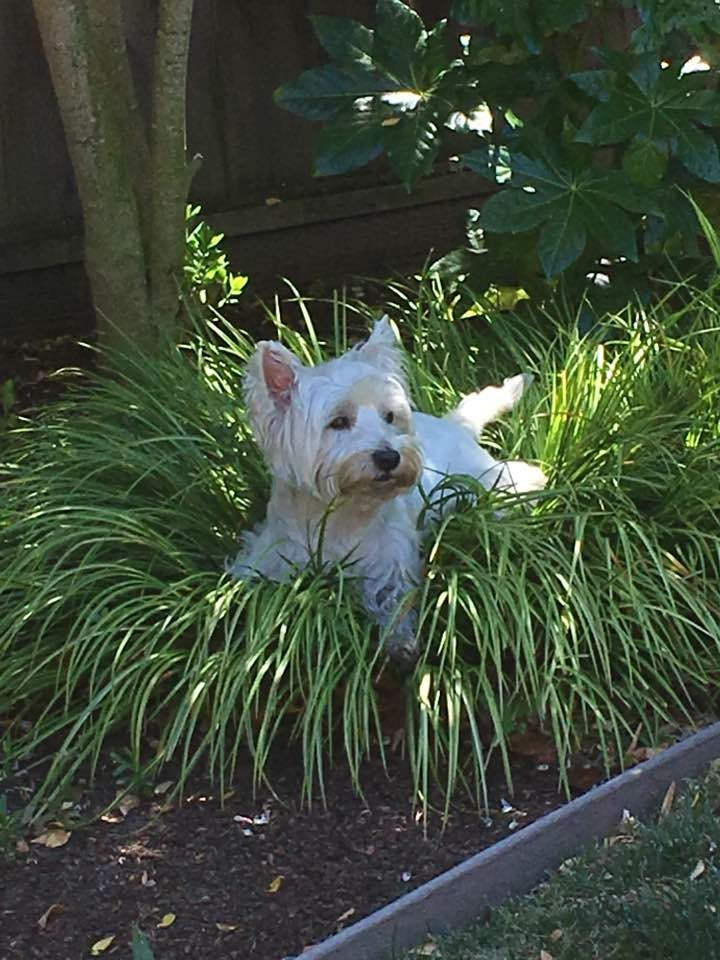
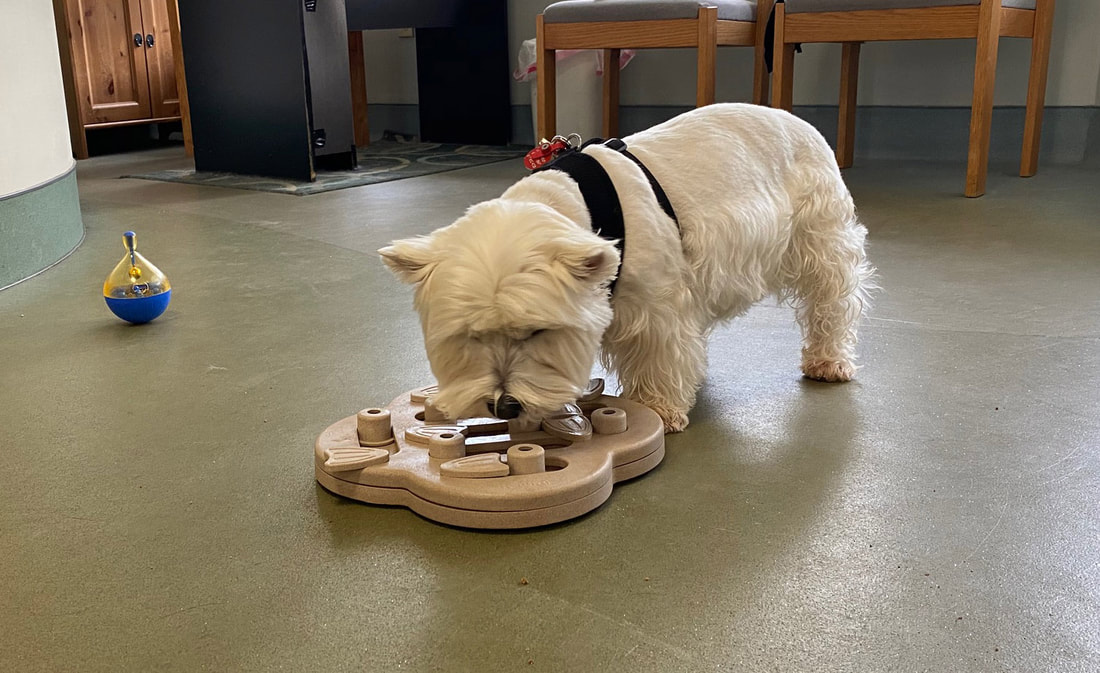
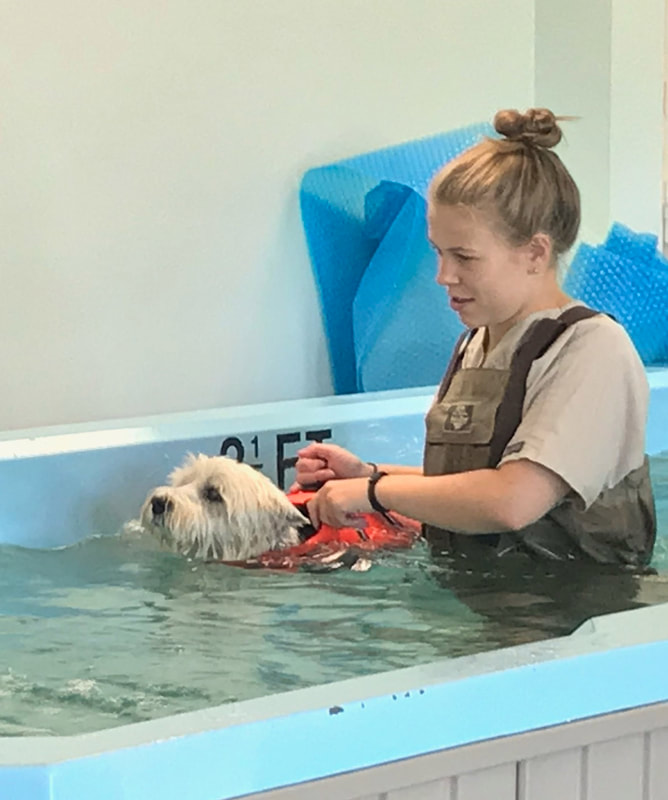
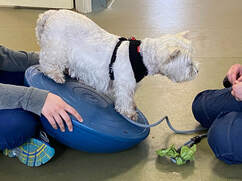
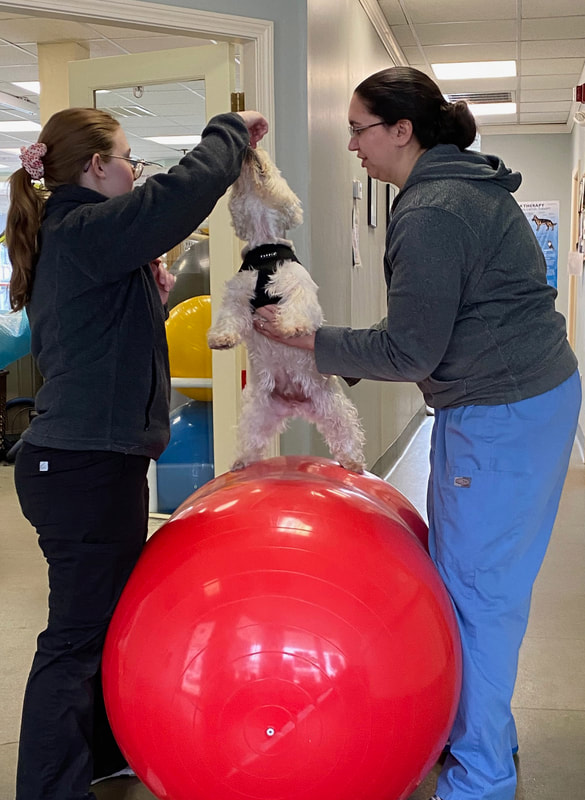
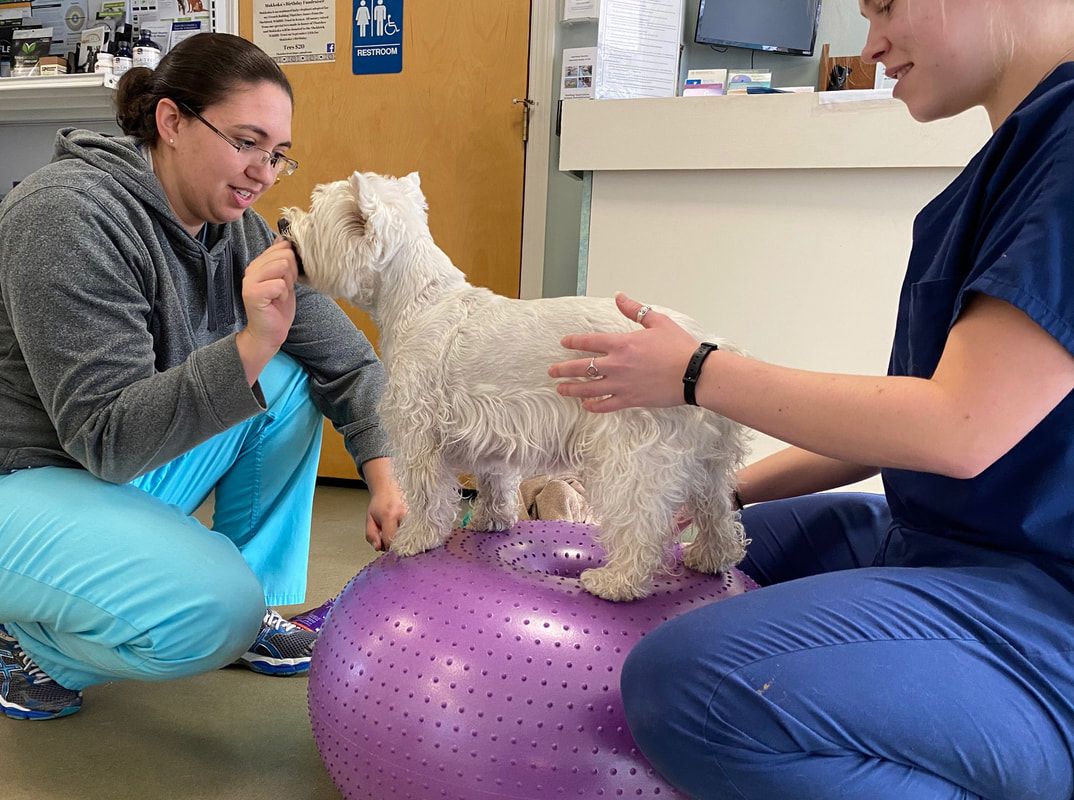
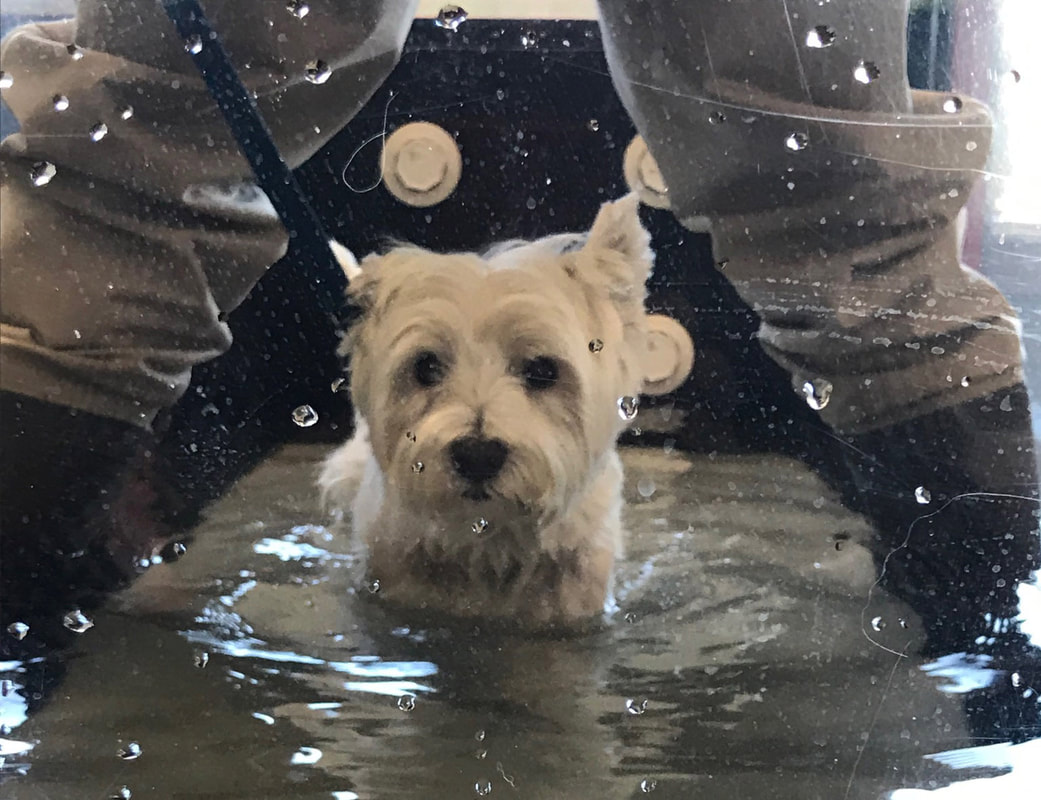
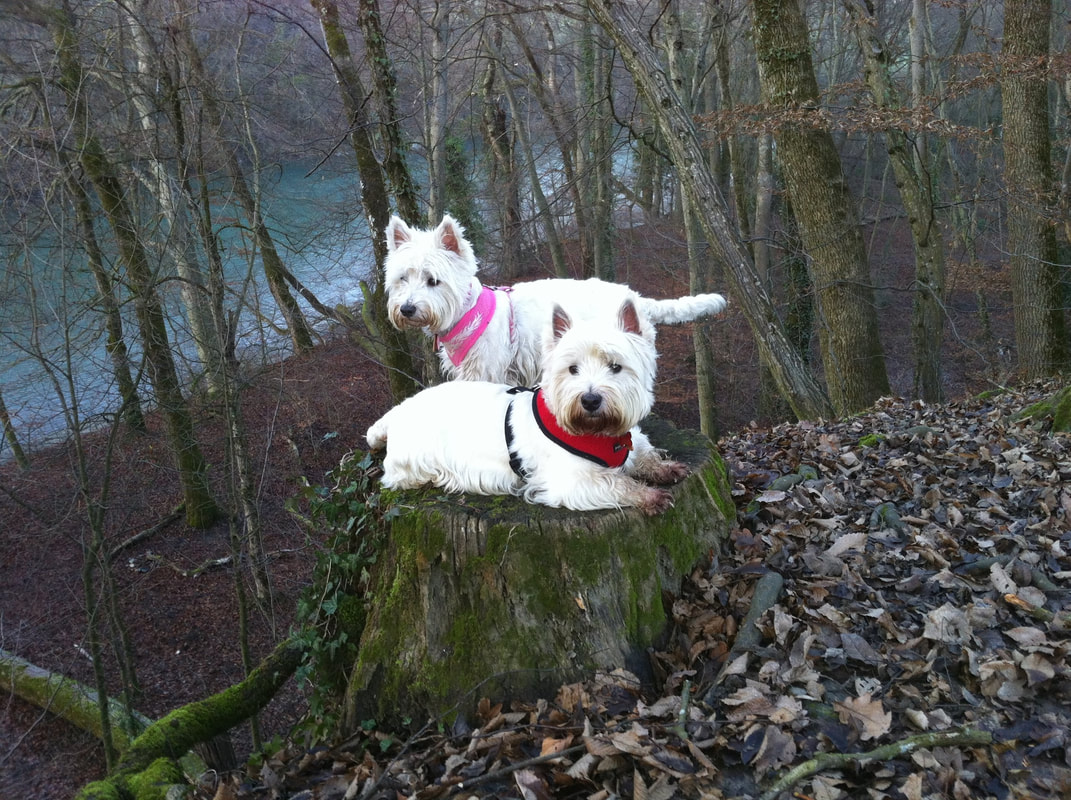
 RSS Feed
RSS Feed